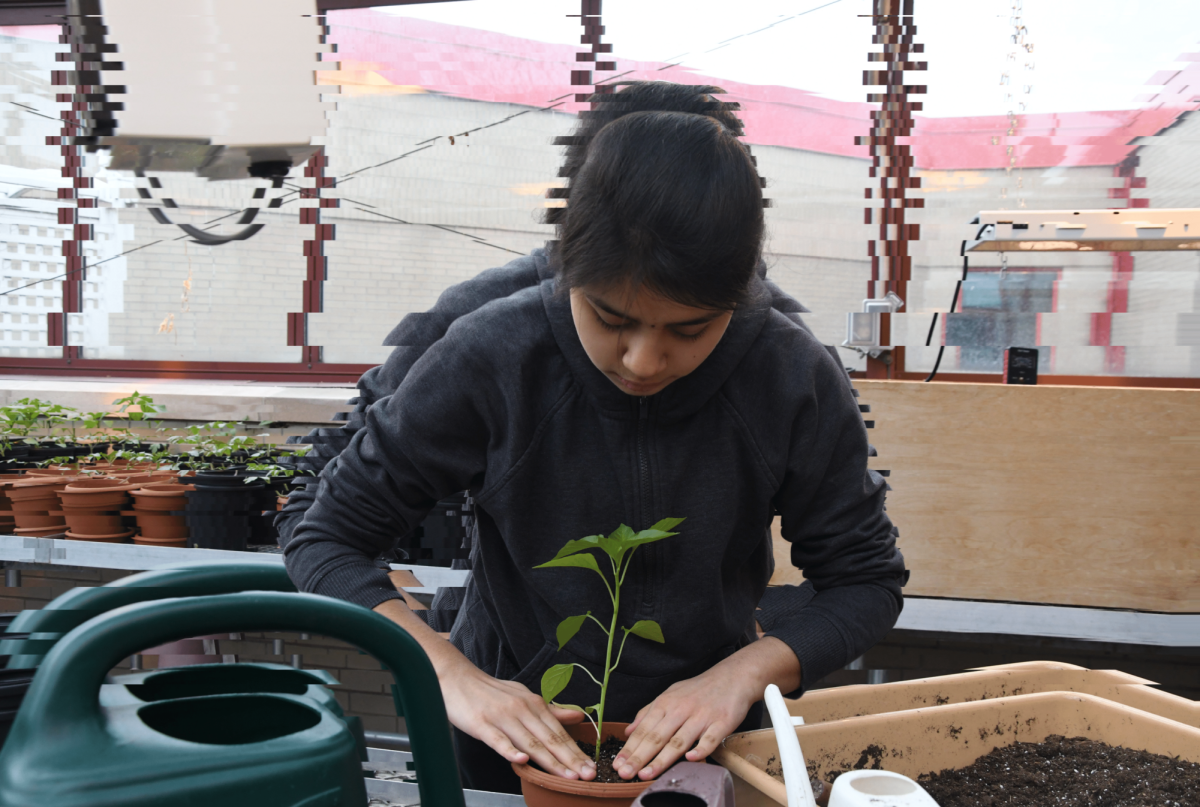Days are getting darker as the Winter Solstice approaches, and students and teachers feel the effects in forms such as seasonal depression, finals stress and school related anxiety. Throughout this time, Mental Health Club has been working to inform and educate faculty and students on concerns, solutions and situations related to Mental Health.
“School can be a big thing that affects so many students’ mental health,” senior and co-president Ariana Perez said. “At this age we’re very impressionable and vulnerable, so I think mental health needs to be targeted for students, and there are so many ways we can be helped. More people need to be aware of that.”
On Nov. 21, seniors Jenna Richard, Lucia Salazar and Pemi Ogunjimi presented to staff members before school. Last year staff members began talking about mental health to teachers, and the officers wanted to bring it into the new school year. This year, they gave hypothetical situations related to student mental health, and asked teachers how they might handle them and then built off of their explanations.
“I think everyone knows what they should do, they just don’t know how to implement that into their own teaching, their classrooms, and how they should approach the students,” Richards said.
Through the course of education, students are told that teachers can be trusted adults in which they can talk and express themselves too, but how do they make connections in the first place?
“I think, while not necessarily staff here at MHS, some have the perception that conversations about wellness and mental health are done in place of other things, or that they have to decrease the rigor of a class or take this big amount of time to accomplish,” English teacher Ben Boruff said. “Mental health should be, I believe, the very first thing that every teacher thinks about when they step into their classroom at the beginning of the day… because if they’re not processing their feelings well, they’re not going to learn.”
English teacher Leigh Ann Westland incorporates mental health support by having Mindfulness Mondays. After participating in mindfulness training four years ago, she decided it was something important to incorporate into her teachings. Each Monday her classes spend five minutes learning about ways to be mindful and how to deal with every day stresses. By definition, mindfulness is being present, and these Mindfulness Mondays are meant to encourage this.
“Through my own mindfulness practice and using the many resources available online, I can spend five minutes a week sharing ideas and tools that could help students be happier,” Westland said. “I am also grateful that I teach a subject that involves human experiences and emotions that I can relate to social issues and students’ lives. I believe in the power of breathing, living in the present, having self-compassion, and practicing gratitude and loving kindness daily and enjoy sharing with students.”
As student mental health is becoming increasingly apparent in classrooms, the club leaders believe it is also important to remember teacher mental health.
“We tend to give very generic and robotic answers or commentary, and I think making it more personal will also help with that,” Richard said.
Along with awareness care from teachers, students should reciprocate respect and care to their teachers.
“I think we can engage in class and show that they’re paying attention,” Perez said. “That way the teachers don’t feel like they’re showing up for nothing. How could they be expected to care about us when we don’t care about them?”
Resources for you
Call or text 988: Suicide and Crisis Lifeline
E-couch: Information on emotional problems
The Trevor Project: 24/7 crisis hotline for LGBTQ+ youth
Recovery International: Mental Health Organization with online and in person meetings based on specific needs
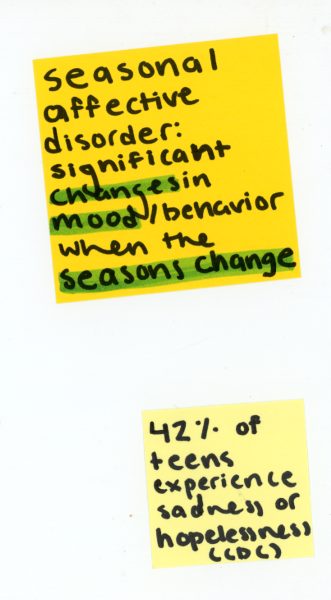
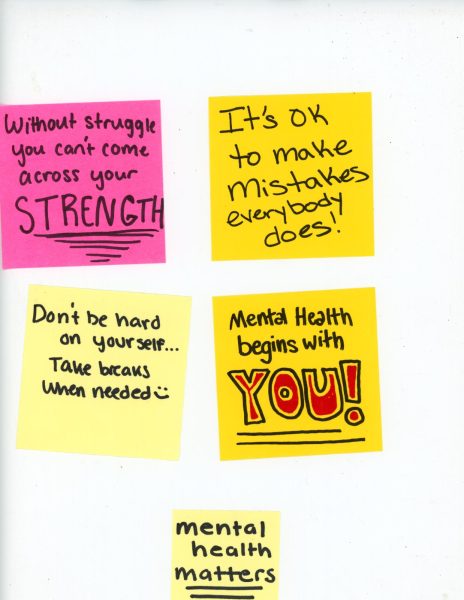
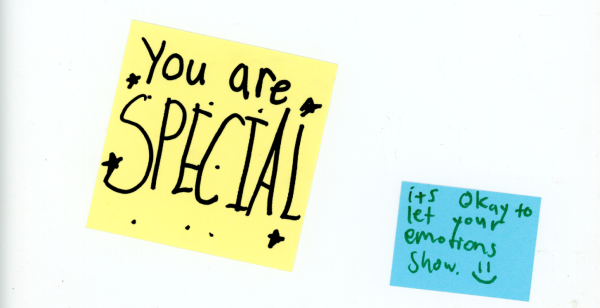



















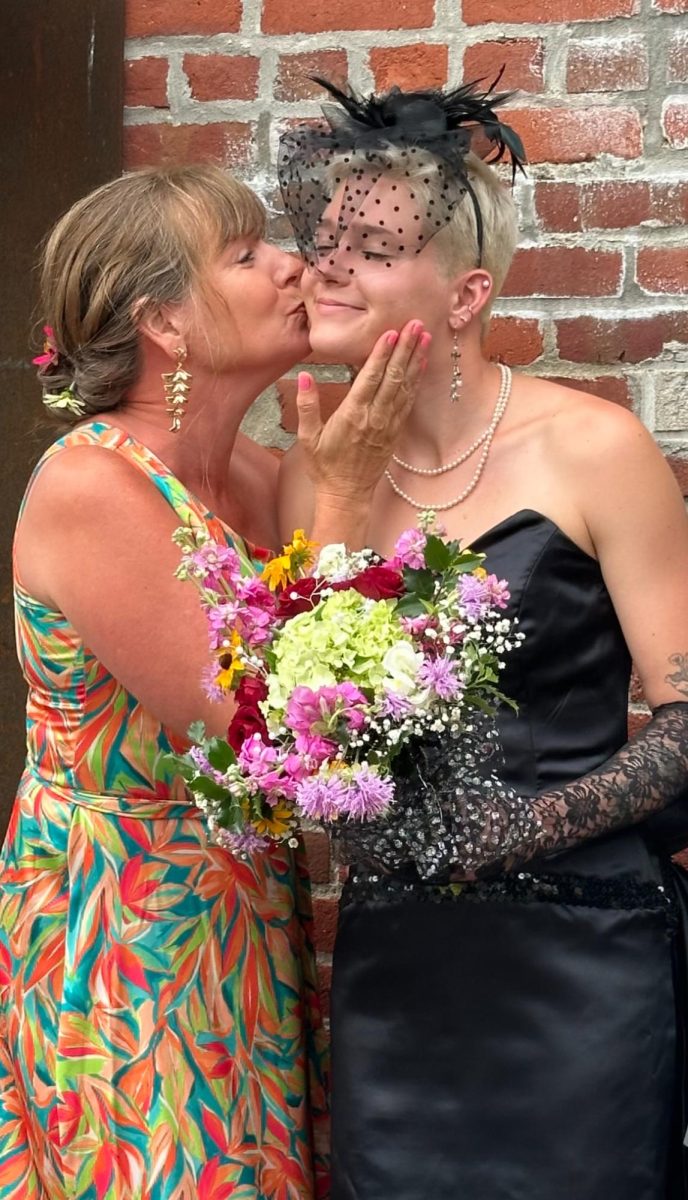






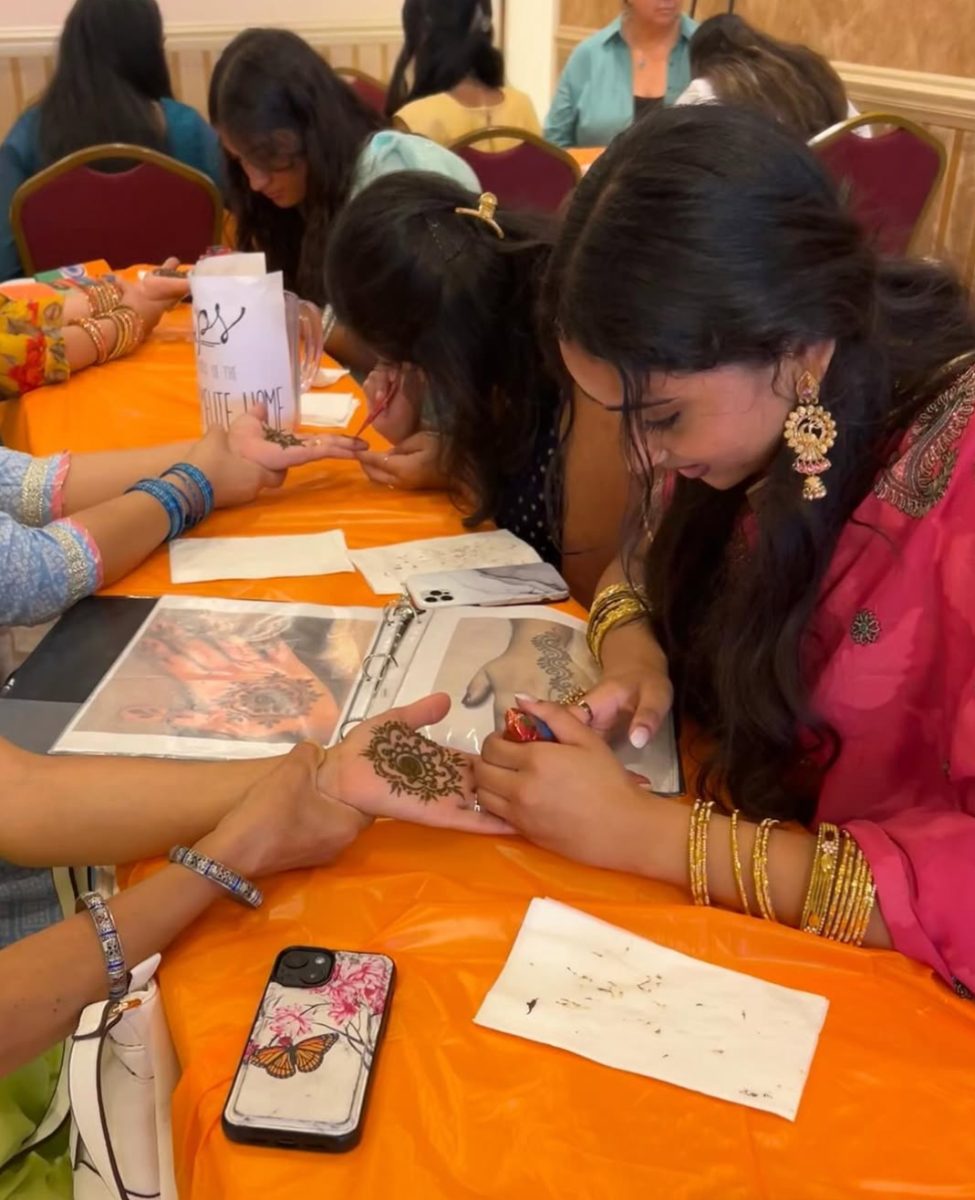

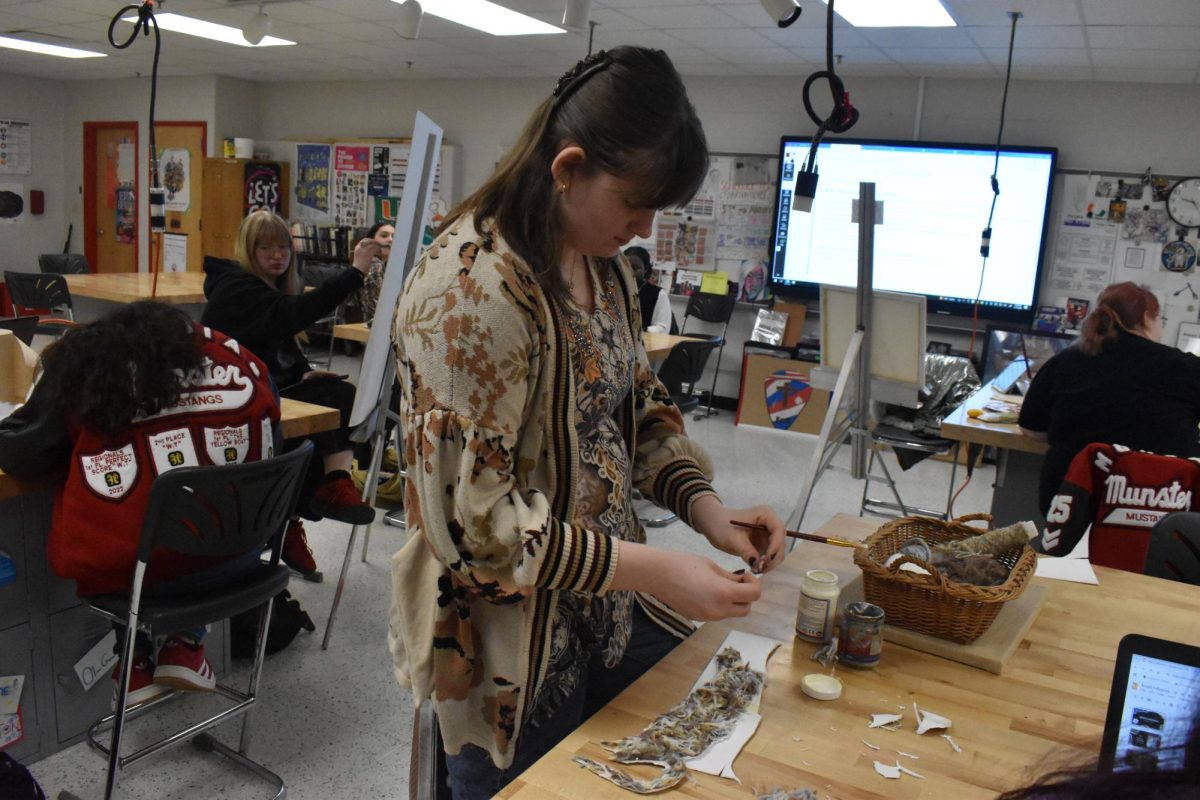


![SNAP HAPPY Recording on a GoPro for social media, senior Sam Mellon has recently started a weekly sports podcast. “[Senior] Brendan Feeney and I have been talking about doing a sports podcast forever. We love talking about sports and we just grabbed [senior] Will Hanas and went along with it,” Mellon said.](https://mhsnews.net/wp-content/uploads/2025/04/sam-892x1200.png)




